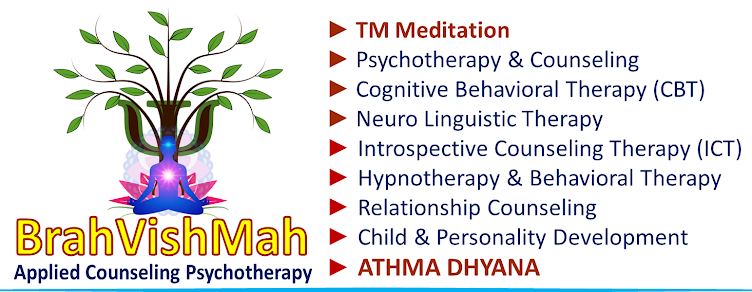Psychosis is a psychological symptom that is characterized by losing the hold of reality about oneself or others or external environment. It is a condition that affects the way your brain processes information. Psychosis is a symptom, but not an illness. This condition that affects the way our brain processes information (Cognition). People who are experiencing psychosis may have either hallucinations or delusions.
HALLUCINATIONS are sensory experiences that occur within the absence of an actual stimulus. For example, a person having an auditory hallucination may hear their mother yelling at them when their mother isn’t around. Or someone having a visual hallucination may see something, like a person in front of them, who isn’t actually thereDELUSION is a false belief or impression that is firmly held even though it’s contradicted by reality and what is commonly considered true. There are delusions of paranoia, grandiose delusions, and somatic delusions. People who are experiencing a delusion of paranoia might think that they are being followed when they aren’t or that secret messages are being sent to them. Someone with a grandiose delusion will have an exaggerated sense of importance. Somatic delusion is when a person believes they have a terminal illness, but in reality they’re healthy
Symptoms of Psychosis
1. Difficulty Concentrating
2. Depressed Mood
3. Sleeping Too Much Or Not Enough
4. Anxiety
5. Suspiciousness
6. Withdrawal From Family And Friends
7. Delusions
8. Hallucinations
9. Disorganized Speech, Such As Switching Topics Erratically
10. Depression and Suicidal Thoughts Or Actions
Causes of Psychosis
1) Genetic factors: Research shows that schizophrenia and bipolar disorder may share a common genetic cause Trusted Source
2) Hormones: Some people experience postpartum psychosis after giving birth. Due to this, and the fact that the early signs of psychosis often occur first in adolescents, some experts Trusted Source have suggested that hormonal factors may play a role in those with a genetic susceptibility
3) Brain changes: Tests have found differences in brain chemicals — specifically, the activity of the neurotransmitter dopamine — in people who experience psychosis
Kinds of Psychosis
1) Schizoaffective disorder: This disorder is similar to schizophrenia but includes periods of mood disturbances
2) Brief psychotic disorder: Symptoms occur in response to a stressful life event, last less than a month, and do not return
3) Delusional disorder: The person has a strong belief in something irrational and often bizarre with no factual basis
4) Bipolar psychosis: Some people with bipolar disorder experience psychosis, either during a very high or very low mood
5) Severe depression: Also known as major depressive disorder with psychotic features
6) Postpartum (postnatal) psychosis: This type of psychosis can present after giving birth
7) Substance-induced psychosis: The misuse of alcohol, some recreational drugs, and certain prescription drugs can cause this
Treatment
1) Anti-psychotics are the famously or primary treatment for psychosis. It can reduce psychosis symptoms in people with psychiatric disorders, such as schizophrenia. However, they do not treat or cure the underlying condition
2) Cognitive behavioral therapy(CBT) can help you recognize when you have psychotic episodes. It also helps you figure out whether what you see and hear is real or imagined. This kind of therapy also stresses the importance of antipsychotic medications and sticking with your treatment.
3) Supportive psychotherapy helps you learn to live with and manage psychosis. It also teaches healthy ways of thinking.
4) Cognitive enhancement therapy (CET)
uses computer exercises and group work to help you think and understand better




No comments:
Post a Comment